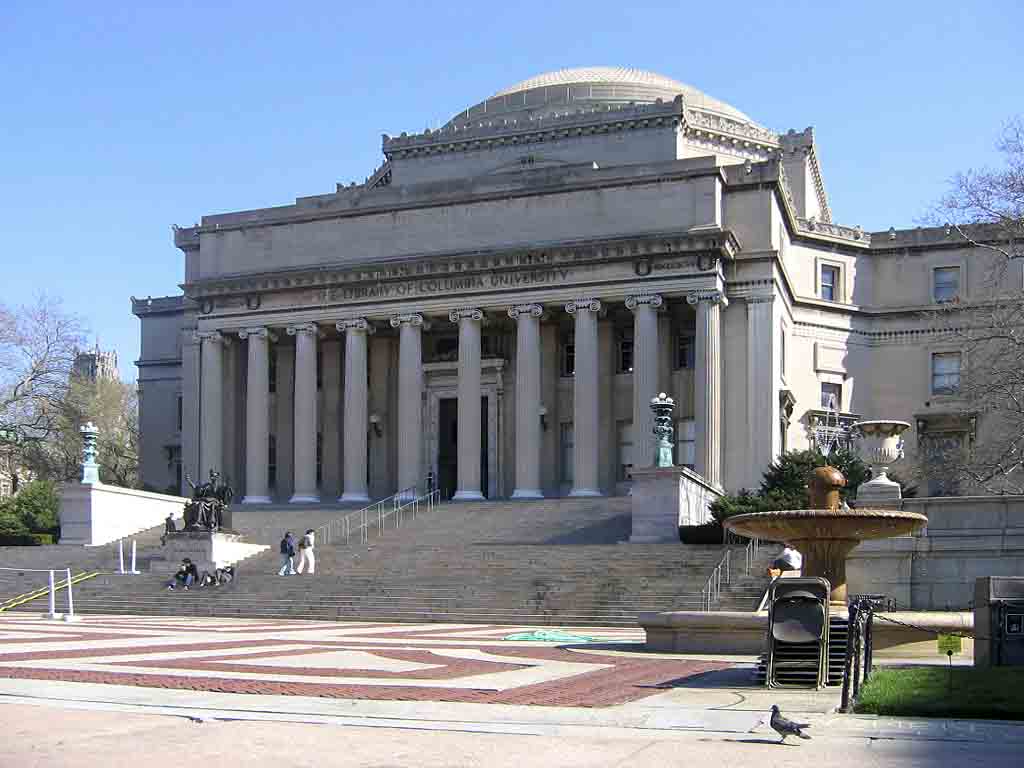
Wikimedia Commons
It’s been a tough few weeks for graduate student unions across the Ivy League.
On Monday, as the political landscape shifted in favor of anti-union forces, Local 33 withdrew its petitions to the National Labor Relations Board to represent graduate students in eight departments.
And in New York last month, Columbia announced in a campuswide email that it will not bargain with graduate students who won a schoolwide union election more than a year ago.
In the email, Columbia reaffirmed its long-standing position that “the relationship of graduate students to the faculty that instruct them must not be reduced to ordinary terms of employment.” The case is expected to end up in a federal appeals court.
The NLRB gave graduate students at private universities the right to unionize in a ruling in August 2016. But President Donald Trump’s recent appointment of two anti-union members to the five-person NLRB is likely to accelerate a decision to roll back graduate students’ right to unionize, according to former NLRB chairman William Gould.
“The new board thus far seems to be in a big hurry to reverse a lot of what the Obama board has done,” Gould said. “Since this issue has been going back and forth between the different boards, I think this is one of the issues that the Trump board will focus upon at the outset.”
Gould speculated that universities that have a “hostile” attitude toward graduate student unionization are waiting for the board to walk back its decision.
Graduate student unionization efforts at other Ivy League universities remain in a state of limbo. On Feb. 5, the NLRB ordered a second election in just over a year at Harvard to determine whether its existing graduate student union has support from the majority of the graduate student body. The election is set to take place in April.
Graduate students in eight of Yale’s academic departments voted to unionize last February, using a micro-unit strategy untested at other universities but approved by a regional branch of the NLRB. But demands from Local 33 that Yale come to the negotiating table fell on deaf ears, as the University declined to recognize the union and filed an appeal with the NLRB last April challenging the legal basis of the piecemeal, departmental voting strategy.
Local 33 co-president Robin Canavan GRD ’19 told the News on Monday morning that Columbia’s refusal to negotiate with its graduate students is in line with practices adopted by other top-tier private universities.
“We’re disappointed that these Ivy League administrations are deepening their alliance with the Trump administration to override the democratic choices of their graduate employees,” Canavan said. “Why would they choose that path over listening to us?”
Dan Bowling, a labor expert at Duke University, said he saw a reflection of corporate practices in Columbia’s refusal to negotiate.
“I find it somewhat amusing to see a university, like many elite universities, which prides itself on social consciousness to adopt a hardball anti-union practice right out of an industry playbook,” Bowling said.
Still, Bowling said, were he the university’s lawyer, he might also have advised Columbia to adopt a non-negotiating strategy.
Yale’s Graduate Students and Employees Organization rebranded as Local 33 in 2016.
Jingyi Cui | jingyi.cui@yale.edu







